Civil society plays a crucial role in promoting and advocating for equal rights. Through their activism and initiatives, civil society organizations challenge the status quo, push for legal reforms, and raise awareness about issues related to equality. Their efforts have been instrumental in driving change and bringing about significant improvements in the lives of marginalized and disadvantaged groups.
One of the key ways in which civil society promotes equal rights advocacy is through lobbying and advocacy campaigns. By engaging with policymakers, civil society organizations can influence legislation, policies, and practices to ensure that they are inclusive and equitable. These organizations also work towards monitoring and holding governments accountable for their commitments to upholding equal rights.
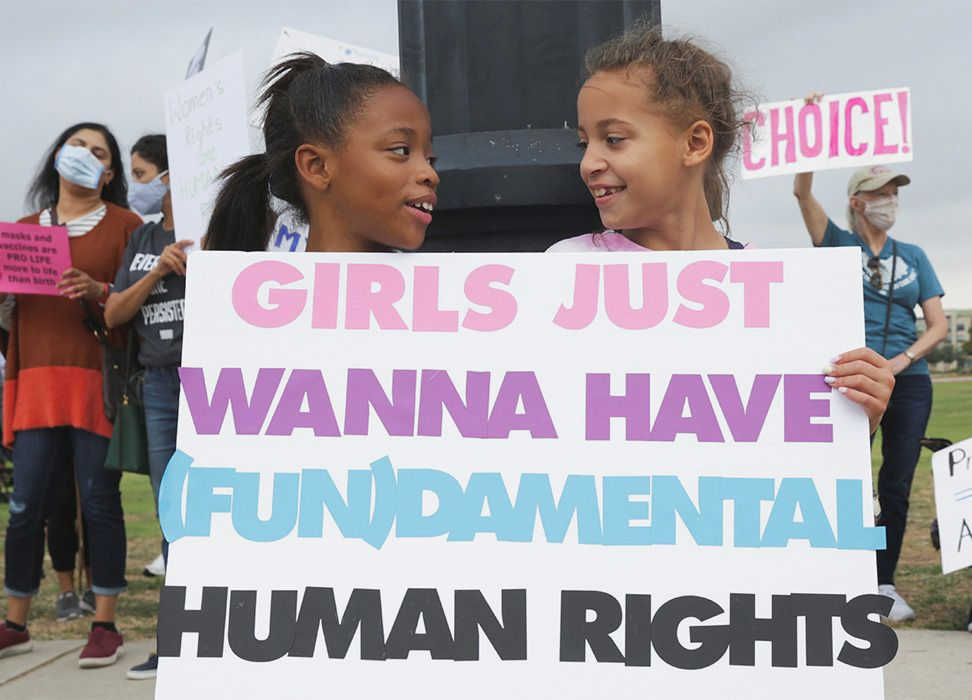
Furthermore, civil society organizations provide vital support and services to individuals and communities affected by discrimination and inequality. They offer legal aid, counseling, and advocacy services to victims of discrimination, helping them navigate the legal system and seek justice. These organizations also provide educational programs and awareness campaigns to promote understanding and acceptance of diverse identities and cultures.
In addition to their direct services, civil society organizations serve as platforms for marginalized groups to come together, amplify their voices, and advocate for their rights collectively. By organizing protests, rallies, and demonstrations, these organizations create spaces for marginalized communities to demand change and challenge societal norms and policies that perpetuate inequality. Through their collective action, civil society organizations build solidarity and foster a sense of empowerment among marginalized groups.
Empowering Individuals for Social Justice
Empowering individuals is a crucial step in promoting social justice. When people are empowered, they are given the tools and resources to advocate for their rights and the rights of others. This empowerment can take many forms, from providing education and training on advocacy skills, to creating safe spaces where individuals can freely express their opinions and concerns.
One way to empower individuals for social justice is through access to information. By providing individuals with accurate and reliable information about their rights and the issues affecting their communities, they can make informed decisions and take action. This can include distributing educational materials, organizing workshops and seminars, and utilizing online platforms to disseminate information.
Another important aspect of empowering individuals for social justice is fostering a sense of community and solidarity. By building strong networks and support systems, individuals can feel encouraged and supported in their advocacy efforts. This can be done through establishing community organizations and grassroots movements, where individuals can come together to share their experiences and collaborate on strategies for change.
In addition to building strong networks, it is crucial to provide individuals with opportunities for leadership and participation. By involving individuals in decision-making processes and giving them a platform to voice their opinions, they can become active agents of change. This can include creating mentorship programs, organizing forums and conferences, and encouraging individuals to run for positions of leadership in their communities and organizations.
In conclusion, empowering individuals is a vital part of promoting social justice. By providing access to information, fostering a sense of community, and offering opportunities for leadership and participation, individuals can become effective advocates for equal rights. When individuals are empowered, they have the capacity to drive change and create a more just and equitable society.
Fostering Inclusive Communities
Creating inclusive communities is an essential aspect of driving change towards equal rights advocacy. Inclusive communities are those where all individuals, regardless of their background or identity, are welcomed and respected.
One way civil society fosters inclusive communities is through education and awareness initiatives. By providing educational resources and raising awareness about the importance of inclusivity, organizations can help community members develop a better understanding of different perspectives and experiences. This can lead to increased empathy and a willingness to challenge stereotypes and biases.
Civil society also plays a crucial role in facilitating dialogue and promoting open discussions within communities. Through workshops, forums, and community events, organizations provide spaces where individuals can share their stories and experiences. These conversations help break down barriers and foster understanding and empathy among community members.
Engaging marginalized communities
Another important aspect of fostering inclusive communities is engaging marginalized communities that may face additional barriers to participation and representation. Civil society organizations often work directly with these communities to ensure their voices are heard and their needs are addressed.
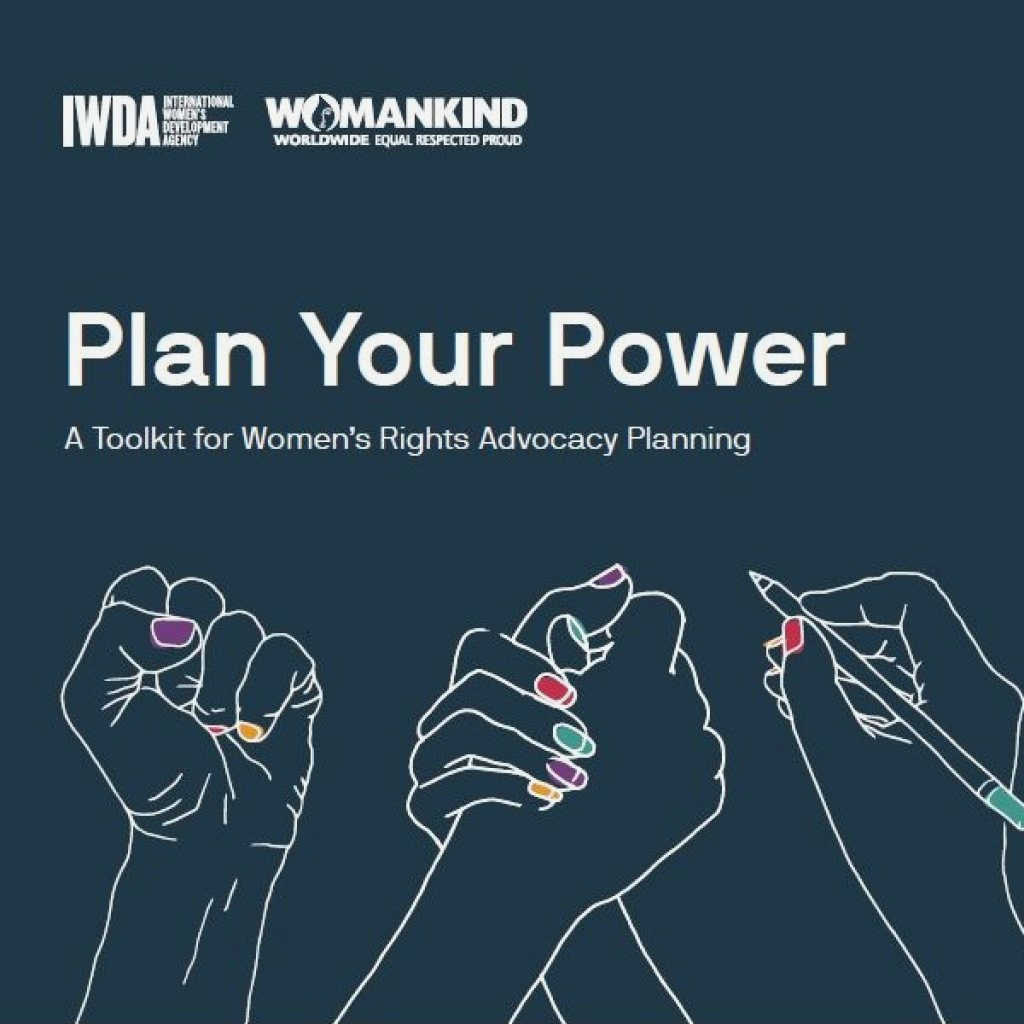
One effective way to engage marginalized communities is by including them in decision-making processes. This can be done through participatory approaches, such as involving community members in the planning and implementation of initiatives that directly impact them. Giving marginalized communities a seat at the table not only empowers them, but also helps create more inclusive and equitable communities.
Collaboration and partnerships
Fostering inclusive communities also requires collaboration and partnerships between civil society organizations, government agencies, and other stakeholders. By working together, these entities can pool their resources, expertise, and networks to create more impactful initiatives.
Through partnerships, different organizations can also leverage their unique strengths to address specific needs within the community. For example, a civil society organization focused on LGBTQ+ rights can collaborate with a local government agency to implement policies that protect the rights and well-being of LGBTQ+ individuals in the community.
In conclusion, fostering inclusive communities is crucial in driving change towards equal rights advocacy. Through education, dialogue, engagement of marginalized communities, and collaboration between stakeholders, civil society organizations play a vital role in creating environments where all individuals are respected, valued, and included.
Advocating for Policy Reform
Advocating for policy reform is a key strategy employed by civil society organizations to promote equal rights advocacy. Policy reform refers to the process of making changes to existing laws, regulations, and policies to address issues of discrimination, inequality, and social injustice.
Identifying the Need for Reform: Civil society organizations play a crucial role in identifying the need for policy reform. They conduct research, gather data, and analyze social, economic, and legal trends to identify areas where existing policies are discriminatory or ineffective in promoting equal rights.
Building Alliances for Change: To advocate for policy reform effectively, civil society organizations often form alliances with like-minded groups, including other NGOs, advocacy networks, and experts in relevant fields. These alliances leverage collective resources, knowledge, and influence to push for policy changes and increase the likelihood of success.
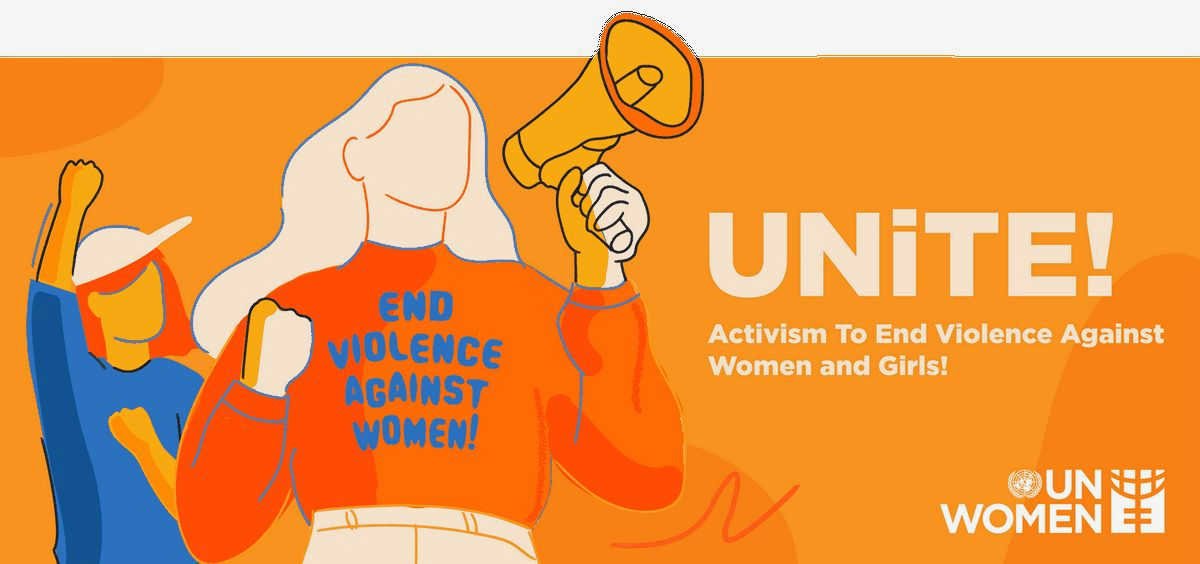
Raising Awareness and Mobilizing Support: One of the key tasks of civil society organizations advocating for policy reform is to raise awareness about the need for change and mobilize support from various stakeholders. This may involve organizing public campaigns, conducting educational workshops and seminars, and using media platforms to highlight the issues at hand and garner public support.
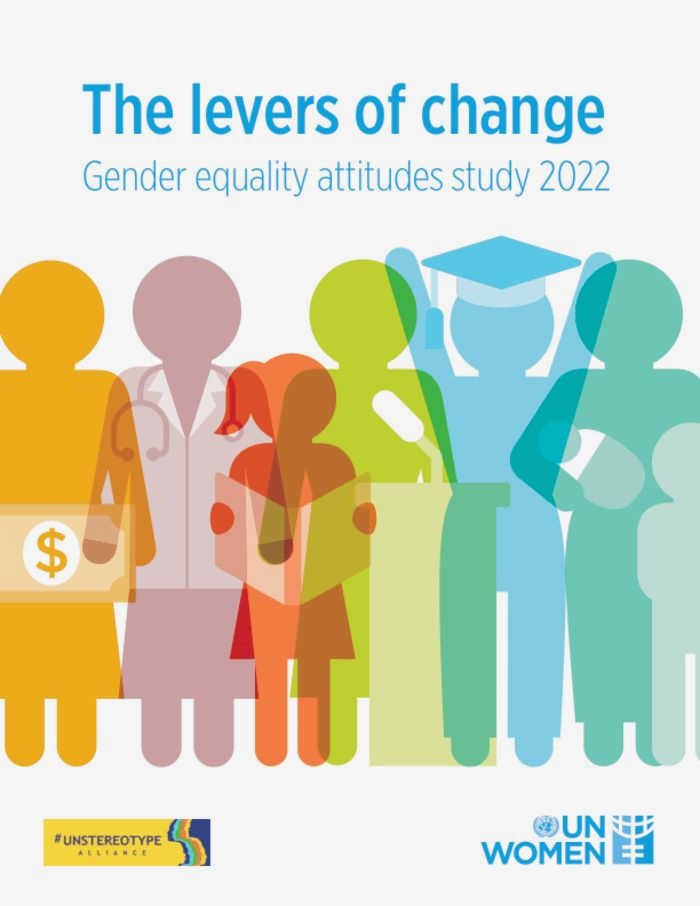
Engaging in Policy Dialogue and Advocacy: Civil society organizations actively engage in policy dialogue and advocacy by participating in consultations, presenting research and analysis, and providing recommendations to policymakers. Through these efforts, they aim to influence the development and implementation of policies that promote equal rights and address social inequalities.
Monitoring and Evaluation: Once policy reforms are implemented, civil society organizations continue to play a crucial role in monitoring their effectiveness and evaluating their impact. They collect data, assess the outcomes, and provide feedback to policymakers, contributing to the ongoing improvement and refinement of policies to ensure they achieve their intended goals.
In conclusion, advocating for policy reform is a multifaceted and essential approach utilized by civil society organizations to advance equal rights advocacy. By identifying the need for reform, building alliances, raising awareness, engaging in dialogue and advocacy, and monitoring and evaluating policies, these organizations contribute to creating a more just and equitable society.
Supporting Marginalized Groups
Civil society organizations play a crucial role in supporting marginalized groups and advocating for their equal rights. These organizations work tirelessly to address the specific needs and challenges faced by marginalized communities, including racial and ethnic minorities, indigenous people, LGBTQ+ individuals, people with disabilities, and other marginalized groups.
One way in which civil society organizations support marginalized groups is by providing them with a platform to voice their concerns and experiences. These organizations create spaces for marginalized individuals to share their stories and raise awareness about the issues they face. This helps to ensure that their voices are heard and their perspectives are taken into account in decision-making processes.
Additionally, civil society organizations work towards empowering marginalized groups by providing them with resources and opportunities. This can include offering training programs, educational initiatives, and skills development workshops to help these individuals improve their livelihoods and access better opportunities. By equipping marginalized groups with the necessary tools and knowledge, these organizations help them overcome barriers and achieve greater social and economic inclusion.
Furthermore, civil society organizations collaborate with other stakeholders, such as government bodies, businesses, and international organizations, to create a more inclusive society. They participate in policy advocacy and engage in dialogue to promote equal rights and opportunities for marginalized communities. By working together with different actors, civil society organizations can leverage their collective power and influence to drive systemic change.
Overall, supporting marginalized groups is a fundamental aspect of civil society’s work to promote equal rights advocacy. Through providing platforms, empowering individuals, and collaborating with other stakeholders, civil society organizations play a crucial role in advancing the rights and well-being of marginalized communities. By addressing the specific needs and challenges faced by these groups, civil society organizations contribute to creating a more inclusive and equitable society for all.
Challenging Discrimination and Prejudice
Civil society plays a crucial role in challenging discrimination and prejudice by advocating for equal rights and promoting inclusivity. Through various initiatives and campaigns, civil society organizations work to address systemic inequalities and dismantle discriminatory practices.
Raising Awareness and Education
One way civil society challenges discrimination and prejudice is by raising awareness and providing education on the importance of equality. They organize workshops, training sessions, and public discussions to promote understanding and empathy among individuals. By fostering dialogue and sharing personal stories, civil society encourages people to confront their biases and challenge discriminatory behavior.
Advocacy and Policy Change
Civil society organizations also engage in advocacy and lobbying efforts to bring about policy changes that promote equal rights and combat discrimination. They work to influence laws and regulations that disproportionately affect marginalized communities, advocating for legislation that protects their rights. By working closely with policymakers and government officials, civil society brings important issues to the forefront and pushes for meaningful and lasting change.
Supporting Victims and Empowering Communities
Another vital role of civil society is to offer support to victims of discrimination and prejudice. They provide counseling, legal aid, and resources to help individuals navigate through challenging situations. Additionally, civil society organizations empower marginalized communities by providing them with the tools and resources they need to advocate for themselves. This includes offering training on leadership and communication skills, fostering a sense of empowerment and self-advocacy.
Overall, civil society plays a crucial role in challenging discrimination and prejudice by raising awareness, advocating for policy change, and supporting victims. Their efforts contribute to creating a more inclusive and equal society for all individuals.
Building Partnerships and Coalitions
One of the key strategies employed by civil society organizations promoting equal rights advocacy is building partnerships and coalitions. These partnerships allow different organizations to come together and pool their resources, expertise, and networks to achieve common goals.
A crucial step in building partnerships is identifying like-minded organizations that share similar objectives and values. This can be done through research, networking events, or existing relationships. Once potential partners are identified, it is important to establish clear communication channels and mutual trust.
Partnerships can take various forms, depending on the specific goals of the advocacy campaign. They may involve formal agreements, such as memorandums of understanding, or informal collaborations based on shared interests. Regardless of the structure, effective partnerships require ongoing communication and coordination.
Benefits of Building Partnerships and Coalitions:
1. Increased Impact: By working together, civil society organizations can amplify their message and reach a wider audience. This collective effort can lead to greater influence and create a stronger call for change.
2. Resource Sharing: Building partnerships allows organizations to pool their resources, whether financial, human, or technical. This sharing of expertise and assets can help overcome individual limitations and achieve greater impact.
3. Diverse Perspectives: Partnering with different organizations brings together diverse perspectives and expertise. This diversity can result in more comprehensive and effective advocacy efforts, as each organization contributes unique insights and approaches.
4. Increased Credibility: By collaborating with other respected organizations, civil society groups can enhance their credibility and gain recognition from stakeholders, policymakers, and the public. This increased credibility can attract more support and resources for advocacy campaigns.
5. Sustainability: Partnerships and coalitions provide opportunities for long-term collaboration and sustainability of advocacy efforts. By sharing responsibilities and building lasting relationships, organizations can ensure that their impact continues beyond the duration of a single campaign or project.
Overall, building partnerships and coalitions is a valuable strategy for civil society organizations in promoting equal rights advocacy. Through collaboration, these organizations can leverage their collective strength to drive change, create meaningful impact, and advance the cause of equal rights for all.
Raising Public Awareness
Raising public awareness is a crucial aspect of civil society’s efforts to promote equal rights advocacy. By informing and educating the general public about the issues at hand, civil society organizations can mobilize support for their cause and encourage individuals to become active participants in driving change.
One effective strategy for raising public awareness is through educational campaigns. Civil society organizations often develop targeted informational materials, such as brochures, pamphlets, and online resources, which provide accessible and easy-to-understand explanations of the issues and the importance of equal rights. These materials may also highlight specific cases or stories that illustrate the impact of inequality and discrimination, aiming to evoke empathy and inspire action.
In addition to educational campaigns, civil society organizations may also organize public events and activities to engage with the community and raise awareness about equal rights. These events may include panel discussions, workshops, or public forums where experts and community leaders can share their knowledge and experiences. Through these interactive platforms, individuals have the opportunity to engage in dialogue, ask questions, and gain a deeper understanding of the issues, fostering a sense of shared responsibility and solidarity.
Social media platforms play a significant role in raising public awareness in today’s digital age. Civil society organizations leverage these platforms to disseminate information, share personal stories, and highlight the ongoing efforts in the fight for equal rights. By utilizing hashtags and engaging with a broader online community, they can amplify their message and reach individuals who may not have been previously aware of the specific issues or the extent of the challenges faced by marginalized communities.
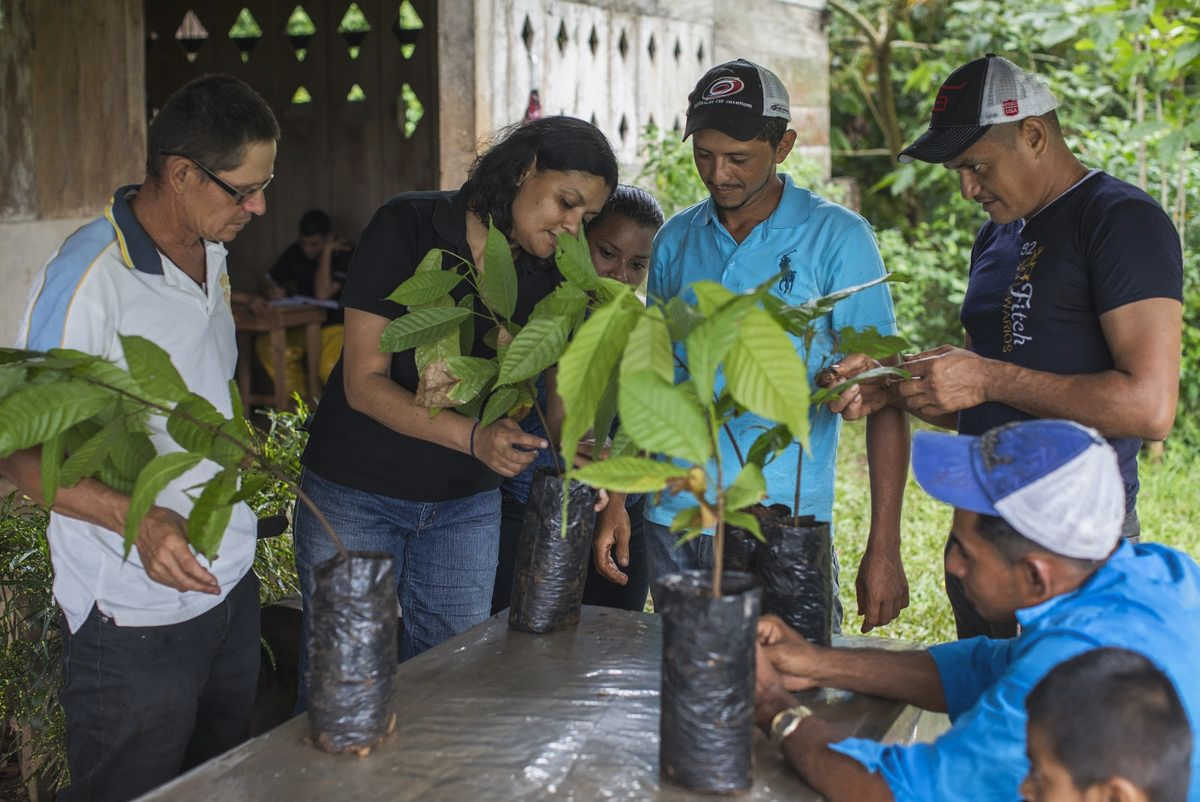
Overall, raising public awareness is vital for driving change and promoting equal rights advocacy. By utilizing educational campaigns, organizing public events, and leveraging social media platforms, civil society organizations can inform, engage, and inspire individuals to stand up for equal rights and actively contribute to creating a more inclusive and just society.
Strengthening Legal Frameworks
Legal frameworks play a crucial role in ensuring equal rights for all members of society. Civil society organizations are instrumental in promoting legislative reforms that strengthen the rights of marginalized groups and protect them from discrimination.
One key way civil society organizations contribute to strengthening legal frameworks is through advocacy and lobbying efforts. They actively engage with lawmakers to push for the adoption of laws that promote equality and prohibit discrimination. By raising awareness about the need for legal reform, these organizations help shape public opinion and generate support for change.
Another important role civil society plays is in monitoring and evaluating the implementation of existing laws. They provide oversight and hold governments accountable for upholding equal rights. Through research, data collection, and reporting, civil society organizations highlight gaps in the legal framework and push for needed improvements.
Civil society organizations also work to empower marginalized communities by providing them with legal assistance and support. They offer legal aid services to individuals who have faced discrimination or human rights violations. By ensuring access to justice, these organizations help individuals seek redress and challenge discriminatory laws and practices.
Additionally, civil society organizations engage in strategic litigation to test the effectiveness of existing laws and challenge discriminatory practices. By taking cases to court, they set legal precedents that can lead to broader systemic changes. These landmark cases often attract media attention and public support, further strengthening the call for legal reform.
In summary, civil society organizations play a vital role in strengthening legal frameworks to promote equal rights advocacy. Through advocacy, monitoring, empowerment, and strategic litigation, they shape the legal landscape to ensure the protection of marginalized groups and challenge discriminatory practices.
Providing Resources and Support
Financial Assistance
One way civil society organizations promote equal rights advocacy is by providing financial assistance to individuals and groups who are fighting for their rights. These organizations often have funds set aside specifically for supporting grassroots initiatives and projects that aim to address issues related to equality and social justice. By offering financial support, civil society organizations enable activists and organizations to carry out their work effectively, allowing them to overcome financial barriers that may hinder their advocacy efforts.
Training and Capacity Building
Another important way civil society organizations drive change is by providing training and capacity building programs. These programs equip advocates with the necessary knowledge, skills, and tools they need to effectively advocate for equal rights. Through workshops, seminars, and training sessions, civil society organizations help individuals and groups develop a deeper understanding of the issues at hand, strengthen their advocacy strategies, and enhance their communication and leadership skills. By investing in the capacity building of advocates, civil society organizations ensure a more sustainable and impactful fight for equal rights.
Networking and Collaboration
Civil society organizations also play a crucial role in fostering networking and collaboration among individuals and groups working towards equal rights advocacy. Through workshops, conferences, and other networking events, these organizations create spaces for advocates to connect, share experiences, and learn from each other. By facilitating collaborations and fostering a sense of community, civil society organizations enable activists to leverage their collective power and increase their impact. By bringing people together, these organizations encourage the sharing of resources, knowledge, and best practices, ultimately driving positive change in the pursuit of equal rights.
Research and Data
Civil society organizations often conduct research and collect data to support their advocacy efforts. By conducting studies, surveys, and analysis, these organizations gather evidence that can be used to highlight inequalities, demonstrate the need for policy change, and advocate for the rights of marginalized groups. By providing accurate and reliable data, civil society organizations strengthen their arguments and increase their credibility in advocating for equal rights. This research and data also play a vital role in raising awareness among the public and policymakers about the issues at hand, helping to drive change and promote equal rights for all.
Evaluating Impact and Promoting Accountability
When it comes to driving change and promoting equal rights advocacy, evaluating impact and promoting accountability are crucial steps that civil society organizations must undertake. Utilizing various evaluation methods and tools allows organizations to assess the effectiveness of their initiatives and initiatives, and make informed decisions about their future directions.
Evaluation methods:
There are several evaluation methods that civil society organizations can employ to assess their impact. One commonly used method is the outcome evaluation, which examines the outcomes and changes that occur as a result of the organization’s activities. This can involve measuring changes in policies, behaviors, or attitudes among the target population.
Another evaluation method is the process evaluation, which focuses on the implementation processes of the organization’s initiatives. This involves assessing whether the activities were implemented as planned, and identifying any barriers or challenges that were encountered along the way.
Promoting accountability:
Accountability is a key principle in ensuring that civil society organizations are fulfilling their responsibilities and achieving their goals. Organizational accountability involves being transparent about the organization’s activities, finances, and decision-making processes.
One way to promote accountability is through regular reporting and documentation of the organization’s work. This can include producing annual reports, progress updates, and financial statements that provide stakeholders with a clear understanding of the organization’s activities and achievements.
Additionally, civil society organizations can establish mechanisms for receiving feedback and complaints from both internal and external stakeholders. This can involve setting up channels for stakeholders to voice their concerns or suggestions, and taking appropriate action based on the feedback received.
In conclusion, evaluating impact and promoting accountability are essential components of driving change and promoting equal rights advocacy. By utilizing evaluation methods and promoting accountability, civil society organizations can ensure that they are making a positive and meaningful impact in their efforts to bring about social change.





